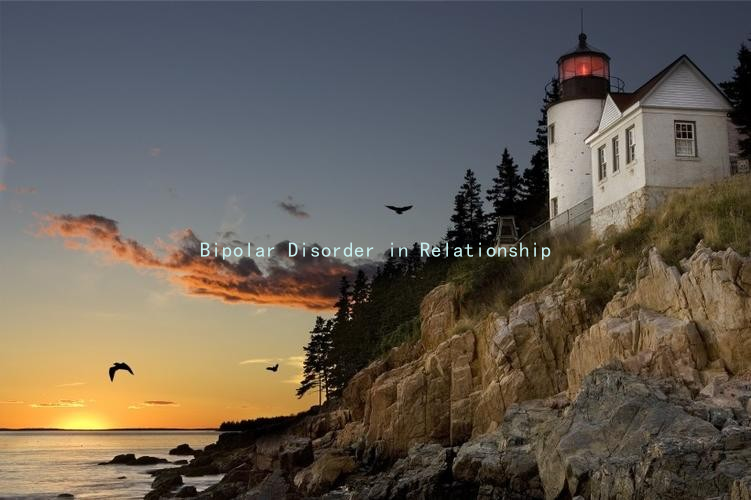Bipolar Disorder in Relationships: Creating a Stronger Bond Together
Bipolar Disorder in Relationships: Creating a Stronger Bond Together
Navigating a romantic relationship can be challenging under the best of circumstances, but when one partner is living with bipolar disorder, the complexities can multiply. Understanding bipolar disorder and its effects on relationships is critical not only for the partner affected but also for their loved ones who want to provide support. Here are some essential strategies and communication techniques to foster a stronger bond.
1. Educate Yourselves
Knowledge is power. Both partners must familiarize themselves with bipolar disorder, including its symptoms, triggers, and treatment options. Understanding how mood cycles manifest can help partners empathize with each other and identify when extra support is needed. Resources such as books, reputable websites, or support groups can provide insight into living with bipolar disorder.
2. Open Communication
Honest conversation is essential for any relationship, but it becomes even more vital when dealing with bipolar disorder. Establish a safe space for discussing feelings, fears, and needs without judgment. Use I statements to express feelings rather than blaming or becoming defensive. For instance, saying I feel overwhelmed when plans change suddenly opens the door for dialogue rather than conflict.
3. Establish Routine and Structure
Bipolar disorder can disrupt daily life, making predictability helpful for both partners. Creating a consistent routine can provide stability and a sense of normalcy. This could include regular date nights, daily check-ins, or shared activities that help both partners feel connected and engaged.
4. Develop Coping Strategies Together
Living with bipolar disorder often requires a toolbox of coping strategies. Work together to identify what has been effective in managing symptoms. This might include mindfulness practices, physical activity, or creative outlets. By actively participating in these strategies together, the relationship can strengthen and both partners can feel more connected.

5. Make Use of Time-Outs
During mood swings or moments of high tension, its essential to recognize when to step back. Agree on a signal or phrase that indicates the need for a brief time-out. This allows both partners to cool down and process their emotions before reconvening for a constructive conversation. Understanding that its okay to take a break can prevent further escalation and promote healthy discussions.
6. Seek Professional Help Together
Engaging with a therapist can be beneficial for both partners. Couples therapy can provide a neutral space to discuss issues and learn effective communication and coping skills. An experienced professional can guide the couple through the complexities of bipolar disorder, providing insights and strategies specific to their situation.
7. Celebrate the Good Moments
In any relationship, its easy to focus on the challenges. However, taking time to celebrate small wins, shared experiences, or even the simple moments of joy can significantly strengthen the bond. Acknowledging and appreciating the positives can foster resilience and reinforce the commitment to one another.
8. Be Patient and Compassionate
Understanding that living with bipolar disorder is just one aspect of a person’s life can help cultivate compassion in the relationship. Mood fluctuations might sometimes lead to irritability or withdrawal, but recognizing these behaviors as symptoms rather than personal attacks can be transformative.
In conclusion, while bipolar disorder presents unique challenges to romantic relationships, the commitment to understanding, supporting, and growing together can yield deeper connections. By employing open communication, establishing routines, and seeking professional support, couples can create a solid foundation that not only withstands the ups and downs but also thrives. Embrace the journey together, and remember that every challenge can become an opportunity for growth and connection.





